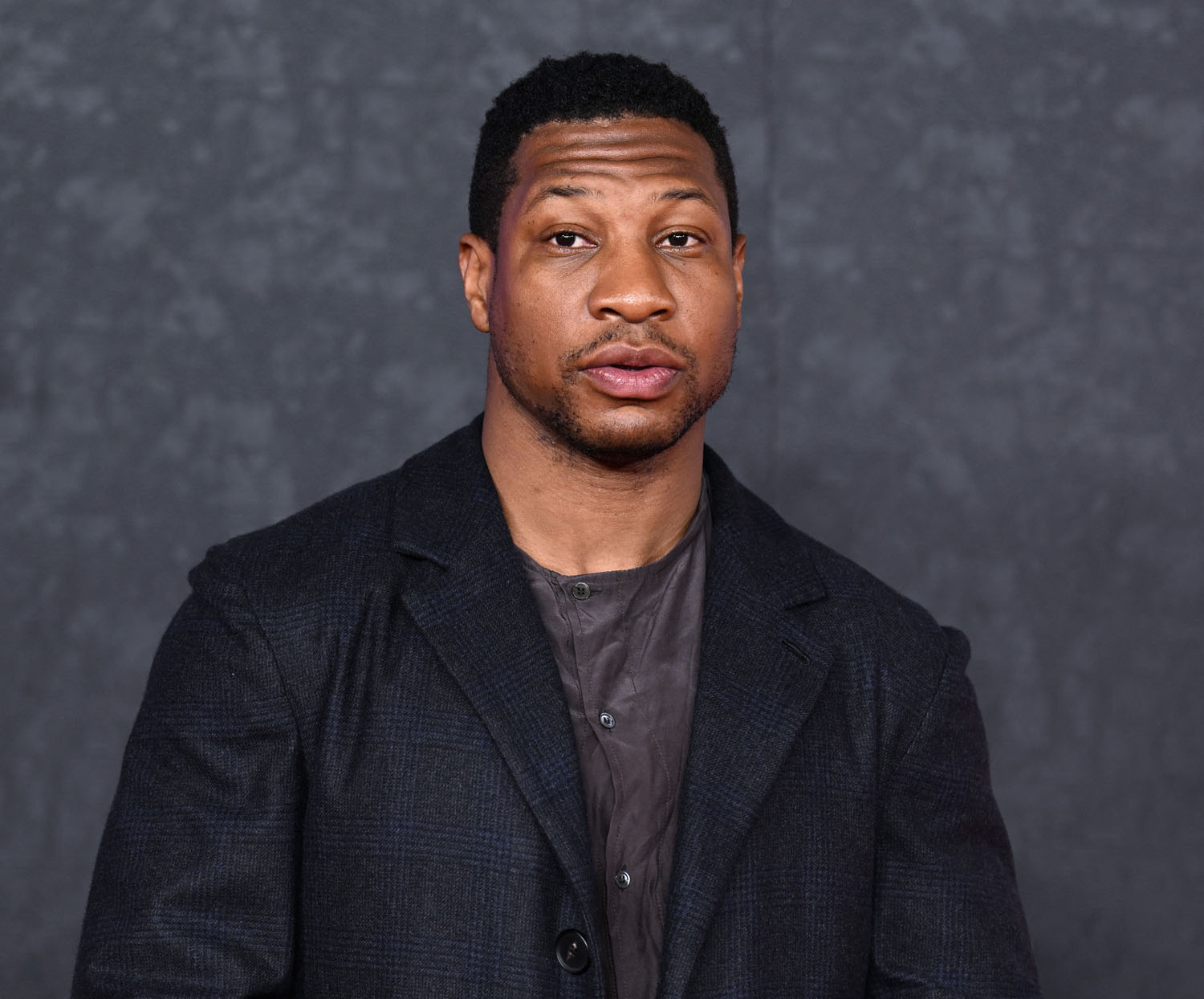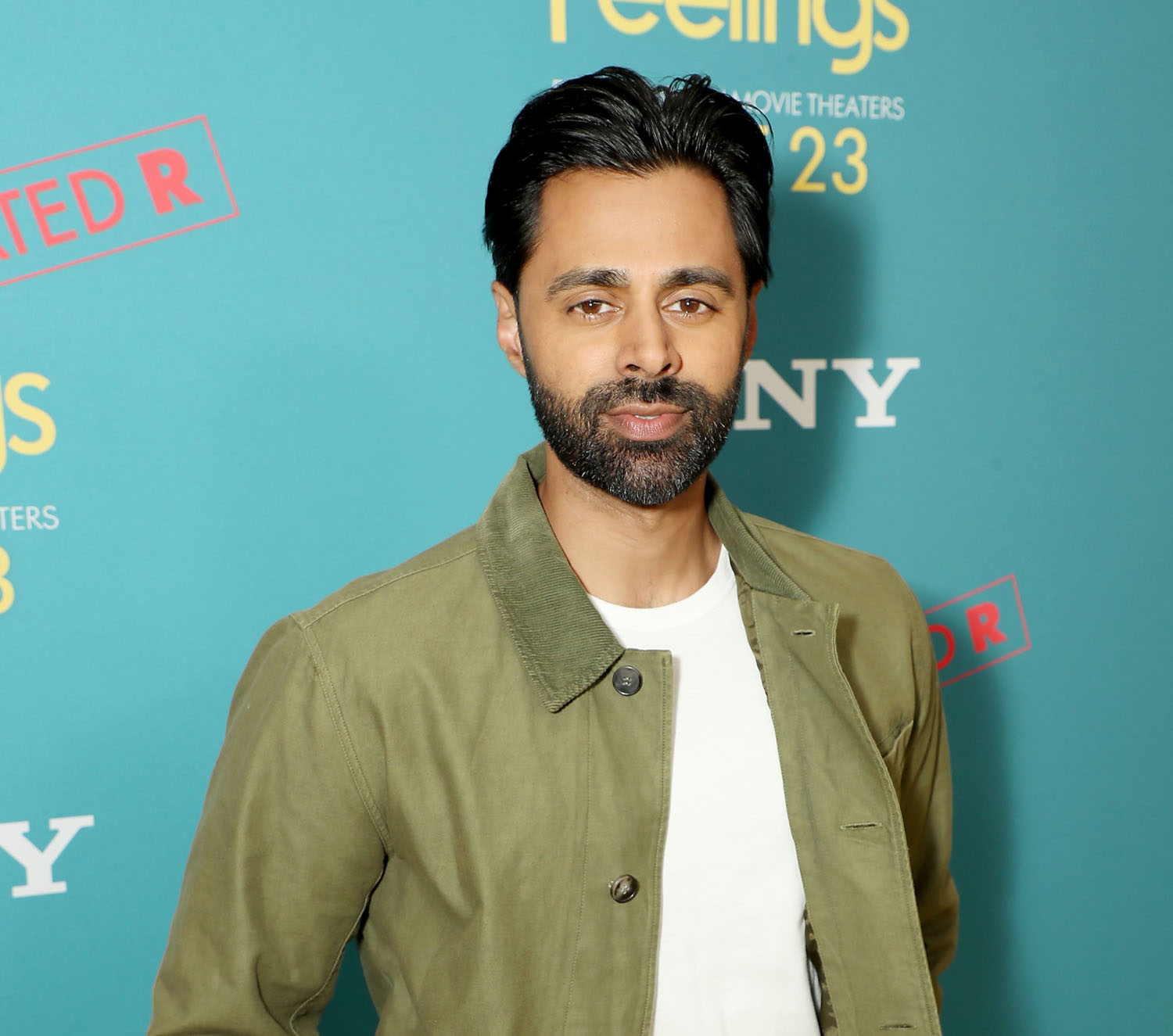Jonathan Majors’ legal shadiness



The “A” key on my computer is broken, and I feel like it’s my laptop protesting writing about Jonathan Majors. But, well, we need to talk about what is going on with his domestic violence case. This week, a judge in New York denied a motion to dismiss the case against Majors. The trial will go ahead in November. But also this week, the NYPD arrested Grace Jabbari, the woman identified as Majors’ victim. This is sort of confusing, because the district attorney already said they won’t be pursuing the charges brought against Ms. Jabbari (alleging that she assaulted Majors). So why, then, did the NYPD arrest her?
The Hollywood Reporter has a good breakdown of the situation, including insight from attorneys—not affiliated with the case—one of whom said the arrest could be a “publicity stunt”. Why would the NYPD engage in such a stunt? Are they just really big fans of Marvel? Probably it’s more to do with the DA’s office indicting an officer accused of punching a man who “posed no immediate danger or physical threat”. An officer is being held accountable and the NYPD is pissy about it and had a silver-platter opportunity to embarrass the DA’s office in a high-profile way, and they took it. Allegedly.
Of the arrest, Ross Kramer, Ms. Jabbari’s attorney, said, “We have not gotten a good answer from the NYPD about why they felt that they had to carry out that arrest,” and, “It’s unfortunate that someone who’s a survivor of domestic violence has to be treated like a perpetrator…”
And there’s the DARVO of it all. DARVO is a tactic to defend the accused in domestic and intimate partner violence situations. It stands for Deny, Accuse, Reverse Victim and Offender. The point of DARVO is to make the victim seem as culpable—if not more so—than the accused. It’s a tactic of muddying the waters, such as filing an assault charge against a victim who strikes out in self-defense against the person assaulting them. Most people will only see that Ms. Jabbari was arrested for assault, they will not see any context of the initial incident, or consider that Ms. Jabbari might have been defending herself in the moment.
We saw how effective DARVO can be in the Depp-Heard trial, and when talking about this case with a lawyer I know who works on domestic and intimate partner violence cases, she said that Depp v. Heard showed attorneys what DARVO looks like in action, in a real courtroom. It’s one thing to learn about it academically, to understand what the acronym stands for, it’s something else entirely to see it work on the public and a jury in real time.
It sounds like the NYC DA’s office is keyed into DARVO tactics and they view the charges brought against Ms. Jabbari as part of an attempt to undermine her credibility as a victim—and we all know the pressure on victims to seem “perfect” in the eyes of the public and a jury, and how even a hint of “misconduct” can undermine a victim’s standing in the courtroom. Cary London, a civil rights and criminal defense attorney, said, “In a domestic violence case, the NYPD will usually never make an arrest of the Complaining Witness, Ms. Jabbari, because it is viewed as retaliatory.”
And yet this time, they did. For whatever reason—probably a petty, vindictive, reason—they arrested Ms. Jabbari, even though the DA won’t pursue it, and her arrest can’t be used in court, so there is no legal benefit to Majors. There’s only the court of public opinion, and DARVO, and how it works to make people think the victim is “as bad” as the accused. It might also affect jury selection, because now they’ll have to work that much harder to find people who aren’t biased against Ms. Jabbari. DARVO, damn. It’s inescapable once that playbook is open.

